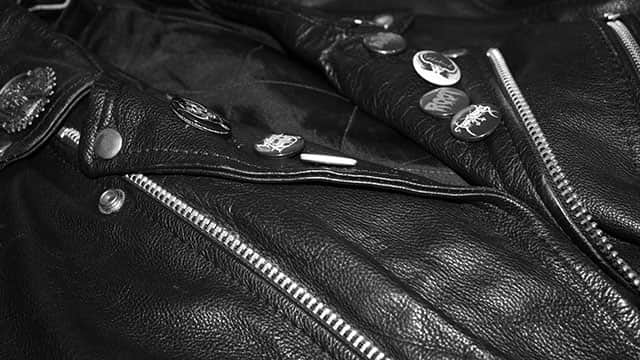And in the winter of this same year the brother of Ivarr and Halfdan landed in Wessex, in Devonshire, with 23 ships, and there was he slain, and 800 men with him, and 40 of his army. There also was taken the war-flag, which they called "Raven".
The Raven Banner was a Viking flag first documented during the Battle of Edington when the Anglo-Saxon army of the King of Wessex under Alfred the Great defeated the Danish Great Heathen Army led by Guthrum in 878. The Raven Banner was triangular in shape with a rounded edge with tabs attached.
It is believed the raven is a symbol of Odin, who was often associated with the pair of ravens Huginn and Mininn in Norse mythology. The flag invoked the power of Odin and prophesied victory in war. The Raven Banner was originally hung on a long spear or lance and was flown during the 9th, 10th and 11th centuries. Historical records refer to the flag in relation to Viking warlords and kings with a strong connection to the British Isles.



